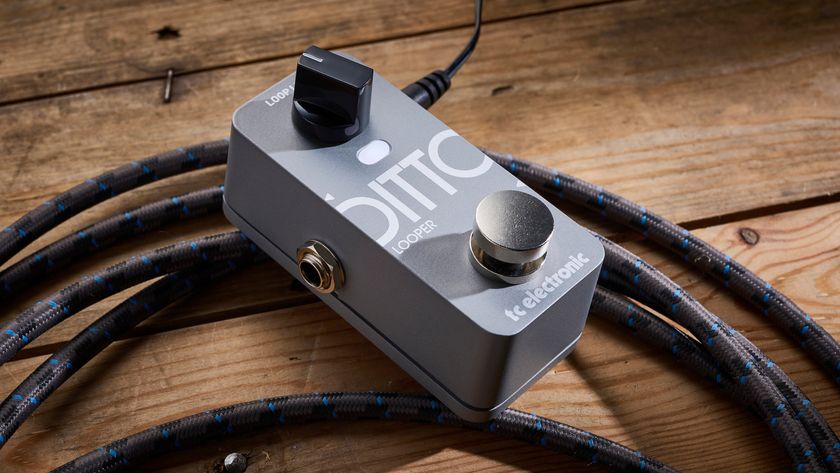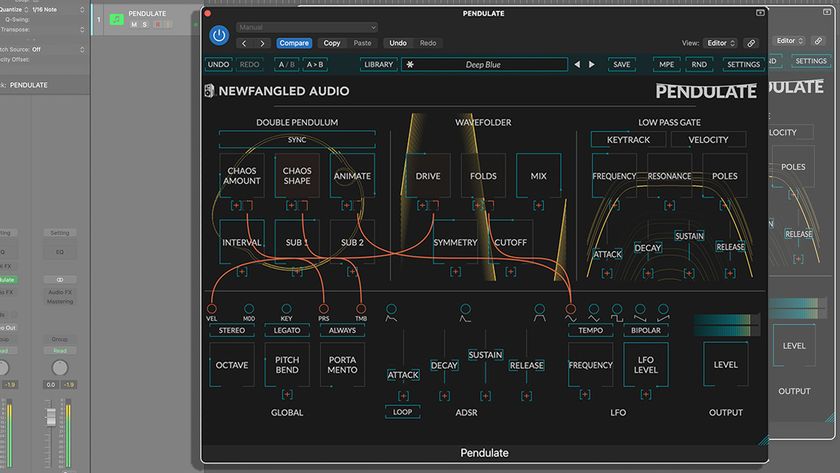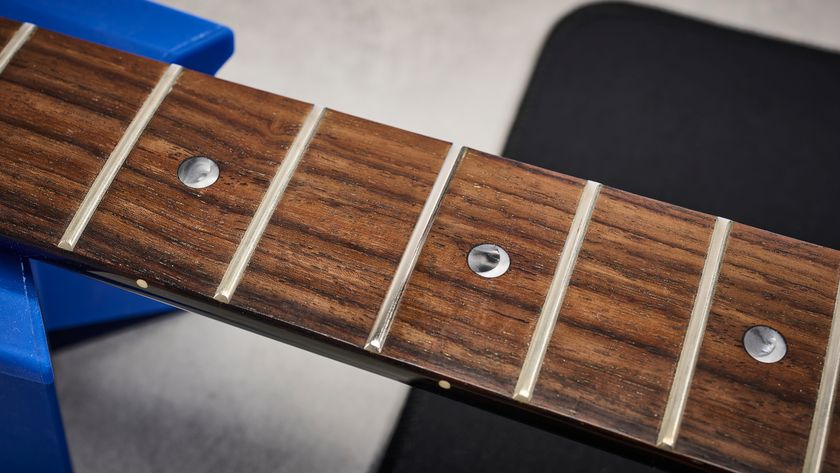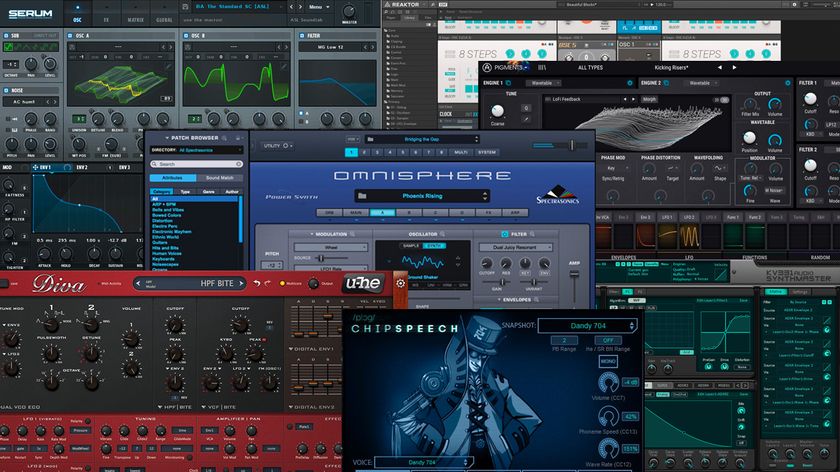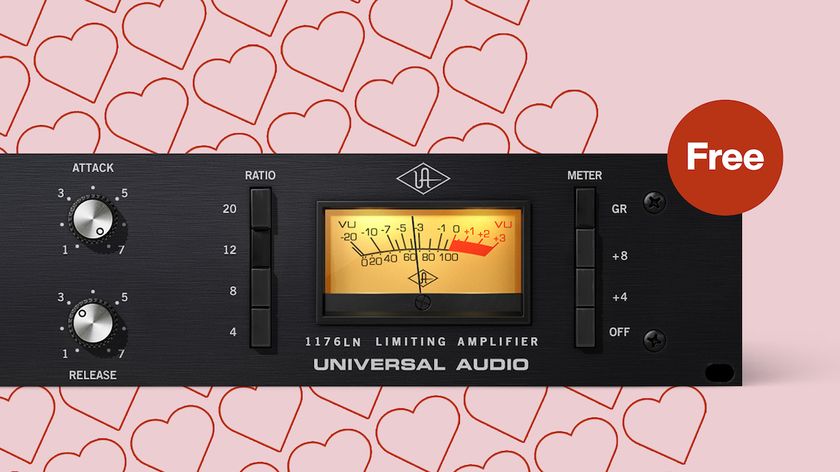12 time management tips for computer musicians
Your creative hours are precious, so use them wisely
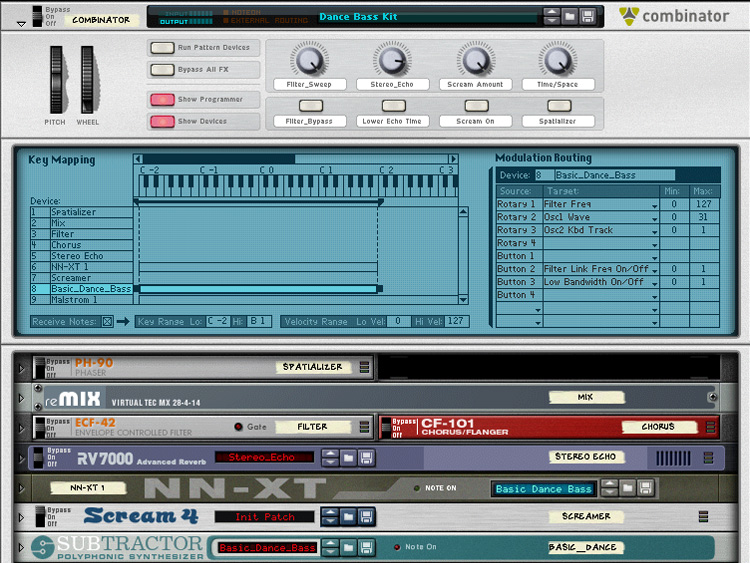
Most of us lead busy lives, so when we do get the chance to sit down and make some music, we want to get one with doing the fun and creative stuff as quickly as possible.
If you´re a computer user, from time to time there´ll inevitably be technical issues that you´ll have to resolve, but there are some simple things you can do to help ensure that you´re working efficiently. Allow MusicRadar to make some suggestions…
1. If you work on a lot of projects at once, name the folders they reside in with the dates you started them as well as the titles. This will make it easier to keep track of what you´re working on at any one time. Also, try to keep all your projects in one folder so you don´t miss any when backing up your work.
2. Back up your work regularly - not just your projects, but any sample or patch libraries you have as well. These days, creating backups is cheap - use your DVD writer or invest in another hard drive.
3. If your computer is connected to the internet, you can quickly back up non-audio data by simply emailing it to yourself. Most webmail accounts now offer hundreds of megabytes of storage space - more than enough when you consider that the average patch or MIDI arrangement is only a few kilobytes. This practice also enables you to get access to your MIDI parts and patches from other machines.
4. One easy method of backing up vast amounts of data is to copy it to your iPod - this enables you to take it with you wherever you go, so even if your house gets demolished by a meteor you´ll still be able to get your work back.
5. If you stumble across an interesting instrument sound or effect setting, save it immediately before altering it any more. It only takes a couple of seconds, and if you keep experimenting with the sound without doing so, you may never be able to recreate the same magic. Save instrument and effect patches to a specific folder for the plug-in you´re using to create an easily accessible patch library.
Get the MusicRadar Newsletter
Want all the hottest music and gear news, reviews, deals, features and more, direct to your inbox? Sign up here.
6. Some DAWs enable you to save individual instrument channels and effect chains, so if you make a hot sound, you can save it in its entirety. If you feel a sound has tweaking potential, save it out for later use.
“If your computer is connected to the internet, you can quickly back up non-audio data by simply emailing it to yourself.”
7. Create a template project featuring all the tools you use most often - EQ on every channel, delays and reverbs on send/return buses, for example. This can be loaded up instead of your sequencer´s default ‘New project´ when you begin a new piece, enabling you to get on with composing or recording immediately.
8. When working on a complex project, arrange your mixer sensibly so you can make quick adjustments at mixdown time. Group sounds by category, and consider routing sounds of the same type through a submix channel - this will enable you to change the volume level of every sound in that category using just the one fader.
9. When recording live instruments or vocals with a microphone, check your levels before embarking on a mammoth session. If digital clipping is present in the sample there´s no real way to reverse the damage; if it´s too quiet you´ll have to normalise it, making any noise in the sample much more obvious.
10. These days we´ve all got access to so many plug-in instruments and effects that it can be hard to know which ones to use and which are just totally superfluous. Make a sub-folder in your plug-ins directory called New, into which you can stick all those untried plug-in files. Once you´ve tested them out them, move them into the main folder if they´re good, or delete them if they suck.
11. When a track gets to the stage where you feel you´re not making any progress, take a break and do something else, even if it´s working on another project. Similarly, if you´ve been really struggling with a track for a long time, take a break from listening to it, then reassess it.
12. If you find you have your best ideas away from your studio, use your mobile phone´s voice memo function to record any ideas you have - just make sure you´re in understanding company if you plan on beat-boxing into your Nokia for extended periods.
MusicRadar is the number one website for music-makers of all kinds, be they guitarists, drummers, keyboard players, DJs or producers...
- GEAR: We help musicians find the best gear with top-ranking gear round-ups and high-quality, authoritative reviews by a wide team of highly experienced experts.
- TIPS: We also provide tuition, from bite-sized tips to advanced work-outs and guidance from recognised musicians and stars.
- STARS: We talk to musicians and stars about their creative processes, and the nuts and bolts of their gear and technique. We give fans an insight into the craft of music-making that no other music website can.

"If I wasn't recording albums every month, multiple albums, and I wasn't playing on everyone's songs, I wouldn't need any of this”: Travis Barker reveals his production tricks and gear in a new studio tour

“My management and agent have always tried to cover my back on the road”: Neil Young just axed premium gig tickets following advice from The Cure’s Robert Smith

